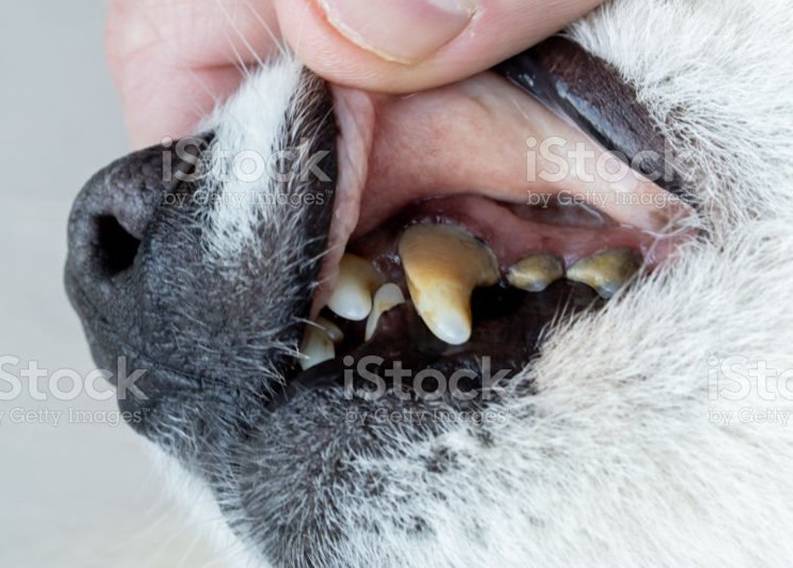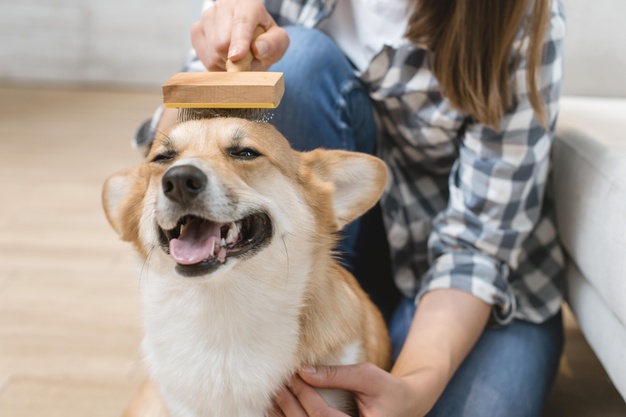Become informed about the signs of conditions common to older dogs so that you can bring them to your veterinarian’s attention and decide on a course of action. Prompt attention (i.e., don’t wait until it’s time for the semi-annual visit) provides the opportunity for prompt treatment and a better result.
You are closest to your dog and are in the best position to observe behavior that seems different from normal or problematic. Never assume that a change in behavior or habits is simply due to advancing age and that nothing can be done about it; there may be a highly treatable condition underlying the changes.
Here's an organized look at common health issues in senior dogs and how to approach them.....and don't start worrying.....not all of them occur in all senior dogs. The Senior Dogs Project has had seniors with no mobility problems at all, for example.
ISSUE | OBSERVE | ACT/LEARN MORE |
ARTHRITIS, MOBILITY | Stiffness, difficulty rising from sitting or lying position; limping; legs trembling; difficulty with stairs | Review with vet need for medication, supplements, exercise |
DENTAL AND GUM DISEASE | Bad breath; tartar or brown/yellow deposits on teeth; difficulty chewing; inflamed gums rubbing at mouth | Get veterinary attention asap; schedule cleaning |
WEIGHT/APPETITE | Body profile not ideal (see chart); sudden loss of appetite | Develop plan for weight loss with vet; see vet asap in case of extreme weight or appetite loss |
LUMPS, BUMPS, SWELLINGS | Hands-on to check for abnormalities of skin or body conformation | See vet asap for any suspicious or unusual growths or other body abnormalities |
KIDNEY DISEASE, DIABETES | Excessive drinking, urination, loss of appetite, nausea, lethargy | See veterinarian asap |
HEART DISEASE | Unusual breathlessness, fatigue, weakness, coughing, difficulty breathing, increased breathing rate, abdominal swelling | See veterinarian asap |
ISSUE | OBSERVE | ACT/LEARN |
VISION DECLINE | Bumps into things; missteps; misjudges height when jumping off elevated surface. If sudden onset, may indicate glaucoma, requiring immediate veterinary attention. | Have vet check for eye conditions at regular semi-annual visits. If sudden onset of vision loss, see vet immediately. Otherwise, take protective measures such as keeping on leash. |
HEARING DECLINE | No longer responds to name or "Come" command; sleeps through sudden, loud noises. | Always use a leash in risky environments. Train/reinforce hand signals. |
COGNITIVE DECLINE | Dog seems disoriented; gets lost or gazes into corners with no reason; doesn't interact with you as usual; barks inappropriately; has house-training accidents. | See vet for medication that may help. Stay alert to situations that require help; keep on leash to protect. |
INCONTINENCE | May be due to cognitive decline or another condition | Check with veterinarian first, also try more frequent walks, more relief areas close to home, doggie diapers or belly bands. There are many options for managing incontinence. |
VESTIBULAR SYNDROME | May show up as a sudden onset of loss of balance, disorientation, head tilt, and irregular eye movements. Dog may be unwilling to stand or walk and may fall. | Usually improves without treatment, but vet should be consulted. |
IMPORTANT! | Don't assume that a symptom is "simply old age" and can't be helped. | Always consult your veterinarian for possible treatment and/or therapy. |
Chart Copyright © 2022, The Senior Dogs Project
Being tuned into your senior dog and noticing anything that strikes you as unusual is important, but it's taking action that's even more critical when it comes to a timely diagnosis and treatment.
Read more on these and other Conditions and Diseases......











